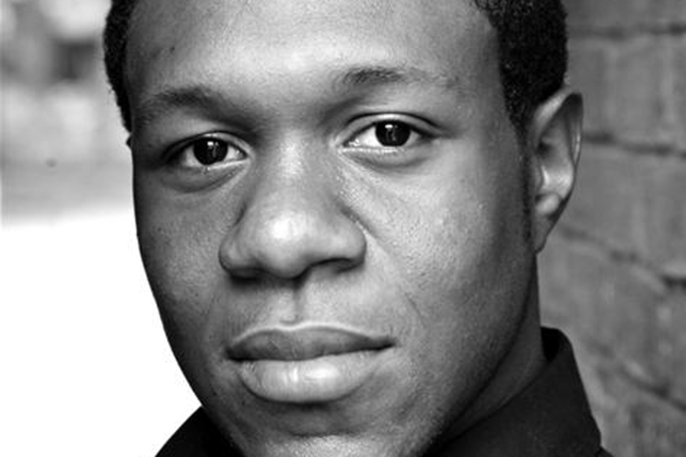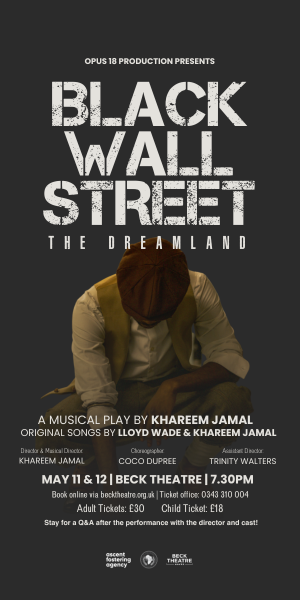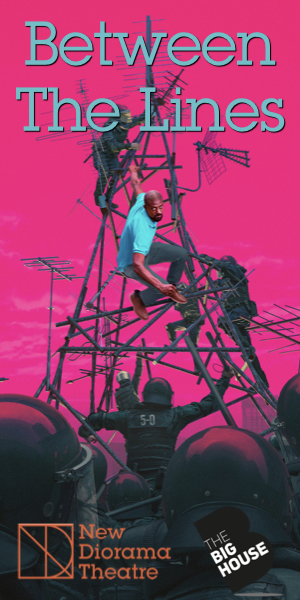Jonathan Livingstone – interview
Our Country’s Good, National Theatre
Since graduating from RADA in 2008, Jonathan Livingstone has become a pundit of classical theatre. The Croydon boy has trodden the boards in productions of Merchant of Venice, Taming of the Shrew and ’Tis a Pity She’s a Whore to name but a few. However, the actor reveals that he never foresaw himself as a classical dramatist. “I was told by a tutor at RADA called Lloyd Trott ‘You know, Jonathan, I think you’re a pre-nineteenth century play person. You’re going to work in the classics.’ And I thought ‘Yeah, right.’ But my first job out of drama school was a massive tour of Midsummer Night’s Dream. So I guess he was right.”
Livingstone’s flair for the historical is currently being utilised in rehearsals for Our County’s Good. Showing at the National Theatre, Timberlake Wertenbaker’s play is set around the first convict ships that arrived in Botany Bay. Livingstone describes the play as “Dark and unforgiving” as it documents the brutal regime exercised upon the prisoners.
“At this time, Australia was like a prison island. It’s where convicts were sent to get rid of them, it was essentially a cleansing. The play explores how the convicts were treated by English society, meaning the military. It was shocking, basically physical and psychological torture.”
At this time, Australia was like a prison island. It’s where convicts were sent to get rid of them, it was essentially a cleansing. The play explores how the convicts were treated by English society, meaning the military. It was shocking, basically physical and psychological torture
Livingstone will be playing Captain Watkin Tench, a role which has required a great deal of research. The actor chuckles as he describes wading through dense 18th century journal entries, which “Has to be done.” But the outcome is Livingstone’s shrewd insight into the character.
“Watkin Tench is scared of anything he doesn’t understand. He grew up in wealth and was a marine that trained in Plymouth and his worldview is limited. He has no regard for convicts or for savages, as he likes to call the Aboriginal people. He hates anything new and he believes that where you start in life is where you end up, so you could never aspire to be anything else. He’s supremacist, extreme right wing and he’s an interesting character.”
The former rugby player has amassed a wealth of knowledge on the First Fleet. During the interview he elaborates upon the Australian landscape, smallpox epidemics and the convict’s living conditions. He has also investigated Aboriginal culture which he explains features firmly in the play.
“The stage backdrop is an interpretation of aboriginal art, so the skyline is represented in that expressionistic style. Also we have Gary Wood playing the one Aborigine who overlooks everything and he’s an amazing mover. The choreography by Arthur Pita is just insane, his main thing is to be authentic so we have lots of aboriginal dance and movement in the play. Obviously we’ve got a digeridoo playing as well, so that influence is always being dropped in.”
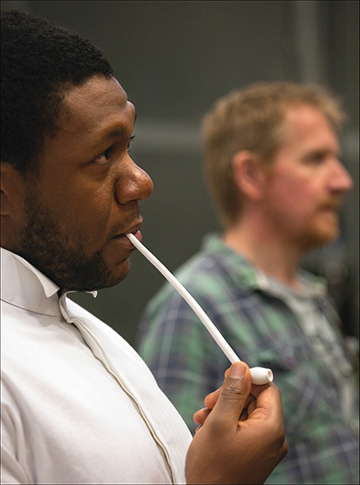
As per Wertenbaker’s original layout, Livingstone will be doubling up in this production. His second role is as a Madagascan convict, who he describes as “The complete antithesis to Tench. Obviously he’s black and he’s the ruled whereas my other character is the ruler.” The actor obviously relishes the opportunity to play both sides of the coin and praises the National’s colour-blind casting policy.
“To play a historical figure who’s not from America or the Caribbean but a certified English figure, for a black actor is unique. Colour-blind casting allows a wonderful expression in that way, changing ideas about stereotypes. It’s so strange playing a character with views, which are in no way close to my outlook. Watkin Tench’s experience and ideals don’t relate to me at all, but that has been fantastic to explore. It’s amazing to be given those opportunities.”
Colour-blind casting allows a wonderful expression in that way, changing ideas about stereotypes. It’s so strange playing a character with views, which are in no way close to my outlook.
Gratitude is a common theme throughout our interview as Livingstone is completely unassuming. He admits being shocked when he won a place at RADA and delighted to be working at the National for the second time. Perhaps his enthusiasm is partly due to the serendipitous way he discovered acting.
“I was at a school that was so bad it doesn’t even exist anymore, called Selhurst High School for Boys. It was a purpose built school for boys outside the catchment areas in Croydon so it was a strange, dead zone. Luckily for me, the Brit School was just opposite and so I went there at 14 and did my GCSE’s and A Levels there. Not being dramatic, but that changed everything about me. I didn’t fit into what Selhurst meant, it had an underlying spark of anger and disadvantage. At the BRIT School, being able to express yourself artistically, being around music, being around dance, drama – it was just a revelation.”
Being early on his acting career, I am curious to know what Livingstone’s ambitions are for the coming years. He says that while he loves classical pieces he’s also motivated by new writing.
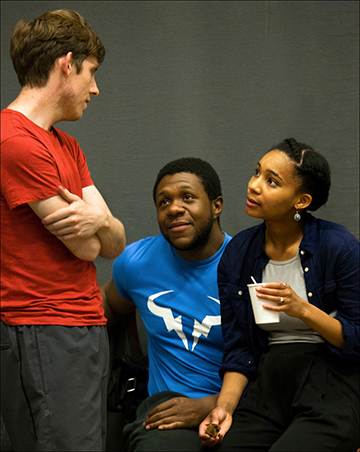
“I just did a reading at the Old Vic as part of their New Voices Festival. The play was called White Hot and Weak by a fantastic writer called Daniel Anderson. There’s so many great new playwrights and I would enjoy doing something where I can wear trainers again. (Laughs.) It’s directors as well that I’m drawn to. I think people like Ned Bennet, Marianne Elliot, Rufus Norris and obviously Nadia Fall who’s directing this play are just inspiring. I’m a style kind of person. When I see something amazing, I’ll be sitting in the audience thinking ‘I wish I was part of that. I could just make up a part and walk on the stage and no-one would know.’ So, I just hope to be in more plays where I have that feeling.”
Luckily, Livingstone doesn’t have to sneak onstage for this production. I’m bowled over by his knowledge on the period and the fascinating premise of the play. Having found Livingstone bright and thoroughly engaging I know he will give an illuminative answer to my final question. Why should people come and see Our Country’s Good?
“There is so much going on in this play. I think the central force is trying to find the light in the darkest situation. It explores how your relationships are so vital and they’re what help people survive in the hardest times. Also the cast and the production team, all of these talented people that bring truth and humanity to something that is dark but beautiful.”
Info: Our Country is Good is at the National Theatre from August 19 to October 17, 2015 | book tickets
























